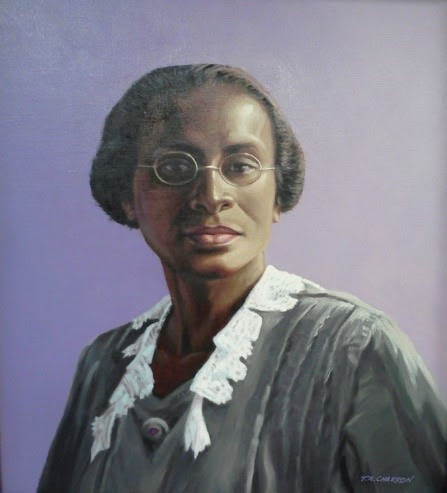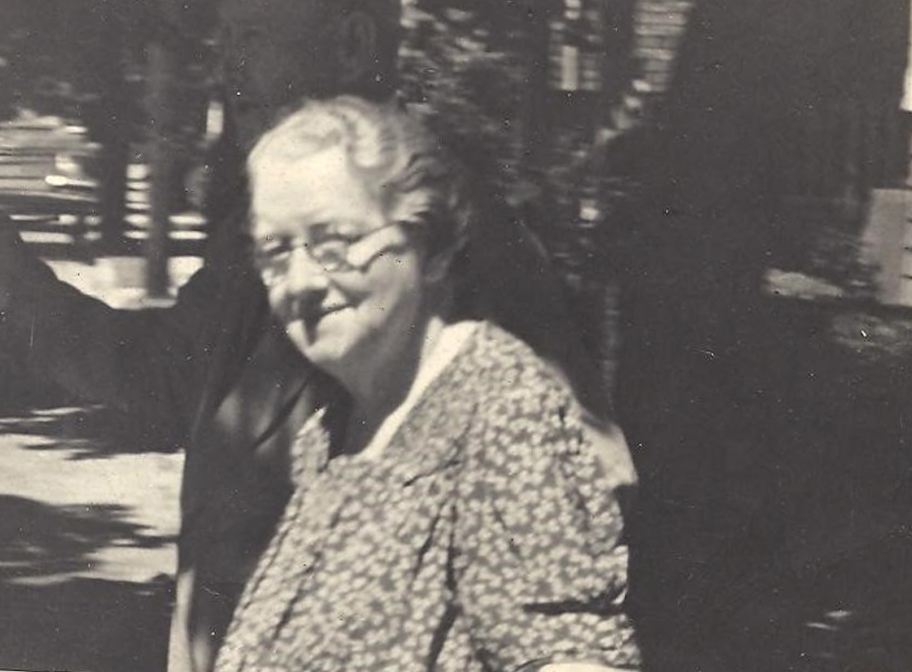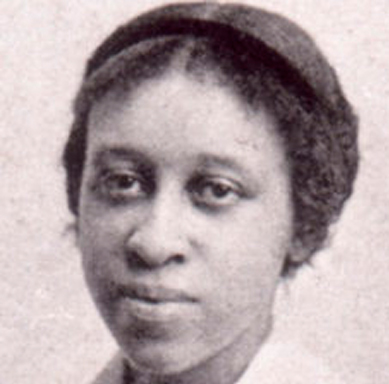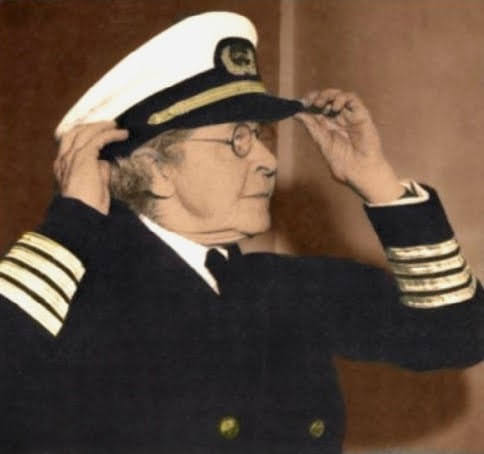The War on Poverty initiatives of the 1960s had a dedicated New Bedford foot soldier in Jennie Horne (1920-1998). Within ONBOARD (Organized New Bedford Opportunity And Resource Development), Jennie rose up to become contact worker and then director of the West Central Community Center, where she initiated several programs to aid the disadvantaged. While at Model Cities, Jennie was involved in public school reorganization, public housing development, and improvements in relations between police and the community.
The War on Poverty initiatives of the 1960s had a New Bedford foot soldier in Jennie Watkins Horne (1920-1998). Born in Dartmouth to Maurice and Mabel (Watkins) Ramos, Jennie attended elementary school in Dartmouth and graduated from Dartmouth High School. She met her husband, Army Lieutenant Lewis C. Horne Sr., while working for the United Services Organization (USO) at Camp Miles Standish in Plymouth. Jennie went to Europe with her husband on his assignments, where she helped to organize youth organizations for German youth and U.S. Army children. The Horne family eventually returned to New Bedford, where they raised two sons and one daughter. As her children grew older, Jennie began a career in social services that was fueled by her idealism, her love of people, and a desire to contribute to her community.
Jennie began her social services career as secretary in the main office of New Bedford’s ONBOARD (Organized New Bedford Opportunity And Resource Development), an anti-poverty community action project agency. ONBOARD was responsible for administering most of the War on Poverty programs set up during President Lyndon Johnson’s administration. Through ONBOARD, the federal Office of Economic Opportunity, a War on Poverty initiative, channeled grants for city programs that were managed by local neighborhood centers. These grants provided education, employment and recreation opportunities for minorities and the poor. Jennie rose up to become contact worker and then director of the West Central Community Center, where she initiated several programs to aid the disadvantaged.
Jennie also worked for Model Cities, a federal urban assistance program that was also a War on Poverty initiative. In 1968, New Bedford was one of 151 cities chosen in the Model Cities project, whose mission was to address the effects of prejudice and neglect on urban communities. While at Model Cities, Jennie was involved in public school reorganization, public housing development, and improvements in relations between police and the community. Model Cities eventually became the Community Development Block Grant Program. As a member of the Mayor’s Citizen Advisory Committee, Jennie helped to channel federal Community Block Grants during several different mayoral administrations.
With boundless energy, Jennie served on several boards and women’s organizations, including the Martha Briggs Educational Club. She was also a member of the National Association for the Advancement of Colored People (NAACP).
In 1995, Jennie moved from New Bedford to Atlanta to be near her children and grandchildren. She passed away in Stone Mountain, Georgia on June 30, 1998, after a brief illness. Her funeral was held at the Union Baptist Church in New Bedford.
Learn more about Jennie Horne in this story, which is part of the digital exhibit Organizing New Bedford: Women Who Mobilized Change.
Ann O’Leary, Emily Bourne Research Fellow
Information from
-
“Obituaries.” SouthCoast Today, 5 July 1998, 6 July 1998, http://www.southcoasttoday.com/article/19980706/news03/307069995.
-
Thomas, Joseph D., et al., editors. “Model Cities.” A Picture History of New Bedford, Volume Two, 1925-1980. Spinner, 2016, p. 290.
-
Thomas, Joseph D., et al., editors. “Opportunity Knocks.” A Picture History of New Bedford, Volume Two, 1925-1980. Spinner, 2016, p. 289.
!["[Jennie Horne]," c. 20th Century, Photograph, Courtesy of Robert Horne Photograph of Jennie Horne - woman with short dark hair wearing glasses, silver jewelry, and a black shirt and skirt, standing in front of a white lattice-work fence decorated with ivy.](https://historicwomensouthcoast.org/wp-content/uploads/2018/05/Jennie-Horne-e1526403976343-604x604.jpg)




